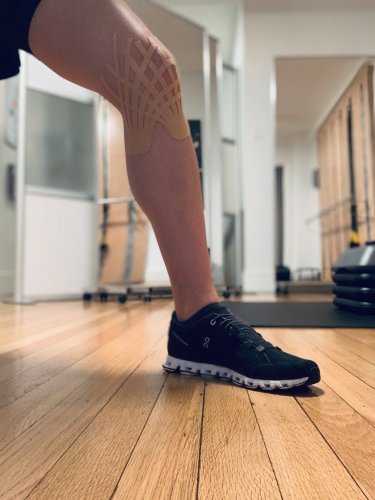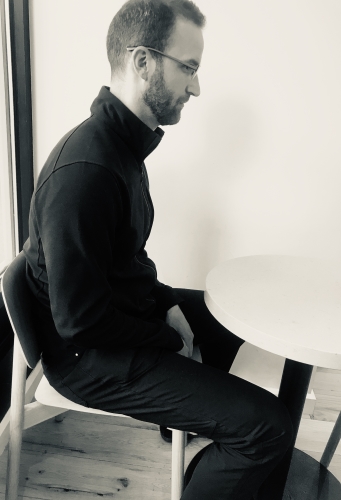Professional Performance Artists Coping with Injury
In the world of professional performance arts—be it dance, theater, music, or circus—physical injury is often considered a career-altering event. For performance artists, their body is their instrument, and any physical setback can feel like losing a part of their creative voice. The emotional toll of injury often manifests as anxiety, depression, or a profound sense of loss. Injuries may lead artists to question their future in their profession, challenge their sense of self-worth, and even face fears about the meaning of their life. Coupled with the high-pressure environment of the arts industry, these mental health challenges can feel overwhelming. This is why compassionate mental health care is not just beneficial but essential in supporting professional performance artists as they navigate these difficult periods.
Steps Towards Supporting Mental Health in the Injured Performer
While the following steps are only the beginning, they are a strong beginning. Let’s look at a few things that can make a world of difference for any performer feeling the weight of an injury.
1. Create an Open Dialogue
Many artists feel pressure to suppress their struggles, fearing judgment or professional repercussions. Compassionate care fosters a safe, nonjudgmental space for artists to express their fears, frustrations, and hopes. This openness is a critical first step in addressing the mental strain that injury brings.
2. Encourage Connection
Injured artists often experience isolation from their artistic communities. Mental health care that incorporates group therapy or peer support allows artists to reconnect with others who understand their struggles. This shared experience fosters a sense of belonging, even during a time of separation from the stage or studio. Need help with that? The Entertainment Community Fund is a great resource!
3. Build Resilience Skills and Emotional Flexibility
Recovering from an injury is not just about physical rehabilitation; it’s also about cultivating emotional resilience. Compassionate care equips artists with tools like mindfulness, stress management techniques, and cognitive reframing to navigate their recovery journey with strength and hope.
4. Expand the Artists Sense of Self
Injured artists often struggle with a loss of identity, as their art is inseparable from who they are. Compassionate care acknowledges this identity while also helping artists see their value beyond their physical performance and guiding them toward a broader understanding of their talents and contributions.
5. Make Mental Health Care the Norm
To truly support performance artists, the broader arts community must also embrace the importance of mental health care. Employers, educators, and colleagues play a pivotal role in normalizing mental health conversations and ensuring that resources are accessible. By offering programs that integrate physical rehabilitation with mental health support, the arts industry can create an environment where recovery feels like a collaborative effort, not a solitary battle. Happily, many organizations are doing just that, and hopefully the trend will continue!


